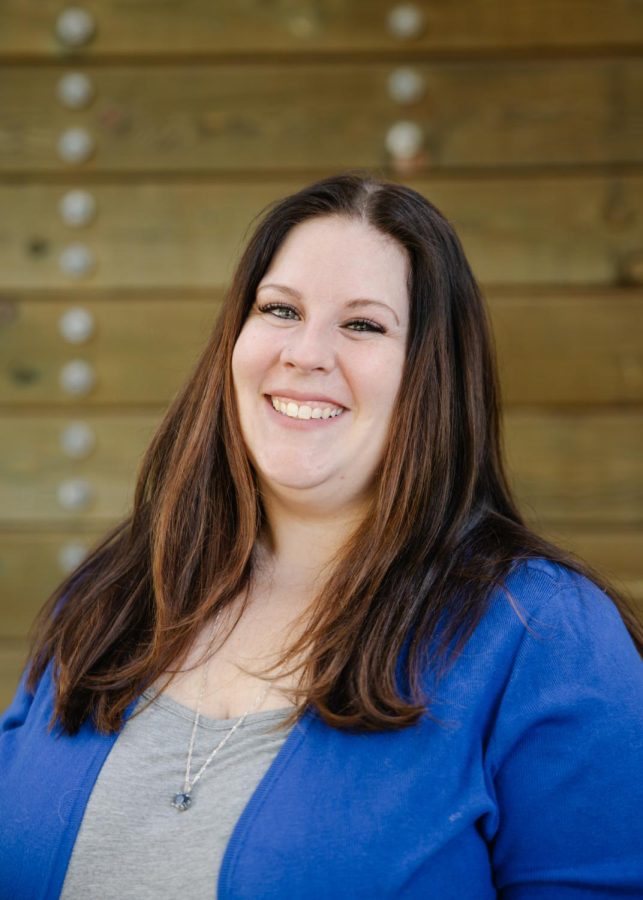Lauren Chavez brings knowledge, compassion and communication to her classroom and students love it
Chavez was an ARC alumni before becoming an adjunct anthropology professor
Lauren Chavez, ARC anthropology professor, stands out as being open and compassionate toward her students on top of making sure they succeed in and outside the classroom. (Photo courtesy of Lauren Chavez)
Finding professors to connect with can be difficult for students. Sometimes it may be due to a difference in backgrounds, interests or lack of motivation or efforts to really get to know one another.
Lauren Chavez, an adjunct anthropology professor at American River College, has found a way to break these barriers and stand out through deeper understanding and commitment to her students.
“I think it is important to understand that equity plays a large part in the success of others so I try to emulate that for my students,” Chavez said. “If they need help or resources academically, professionally, or personally, I will do what I can to make sure they receive those things.”
Chavez also teaches at Sacramento City College, Sierra College and Solano Community College in Fairfield. The exposure to different populations has allowed her to develop her understanding of different student backgrounds and goals. She values the voice of her students and makes sure to apply it in the classroom.
“It [can be] the same material but the questions from the students can be different,” Chavez said. “Those questions allow me to teach a more in-depth understanding to my classes.”
In 2004, after graduating from high school, Chavez started taking courses at ARC. Even though she always knew she wanted to teach, it took her some time to find what field she wanted to study and at what level.
Life happened, as it does for many people, and she was placed on academic probation and academic dismissal twice during her time there. Then, when she took her first anthropology class, everything changed.
“Once that happened, I was able to find a community within the anthropology department,” Chavez said. “I became more successful.”
In 2012, she transferred to CSU Sacramento where she got her B.A. in Anthropology. That first anthropology class at ARC turned into a career-long passion and helped her find her direction in teaching.
Chavez went on to receive an M.A. in Holocaust and Genocide studies from Gratz College and is currently in her last year of a Ph.D. program at Gratz College in the same field.
Dylan Hoppe, one of Chavez’s anthropology students, says he’s had an amazing experience in his class and considers her his favorite professor.
According to Hoppe, she really stands out to him for being down to earth and supportive of students’ ambitions.
“She is someone who anyone can go to and she is also someone who is very caring and understanding about her students and their personal problems,” Hoppe said.
Chavez has used the struggles she experienced personally, professionally and academically as learning tools to better understand people and help them achieve their goals, no matter what they are.
“My goal to all my students is to make sure they can be successful in whatever they do,” Chavez said. “This does not mean everyone is successful in the same way and that is why it is important to be able to understand each individual and motivate them to achieve whatever their goal may be.”
There is something to be said about Chavez’s willingness to be open and transparent with students about what’s going on in her life. Through communication and vulnerability, she is able to let students know and really understand that her classroom is a leveled space for everyone.
Monika Pfoutz, a criminal justice major, says she went into her anthropology class with little interest in the subject. Now she wishes she had more time to take classes with Chavez before leaving ARC.
“Professor Chavez made this class enjoyable by relating it to real life situations and describing everything to her best abilities,” Pfoutz said. “She really takes her time answering questions…until the students understand.”











